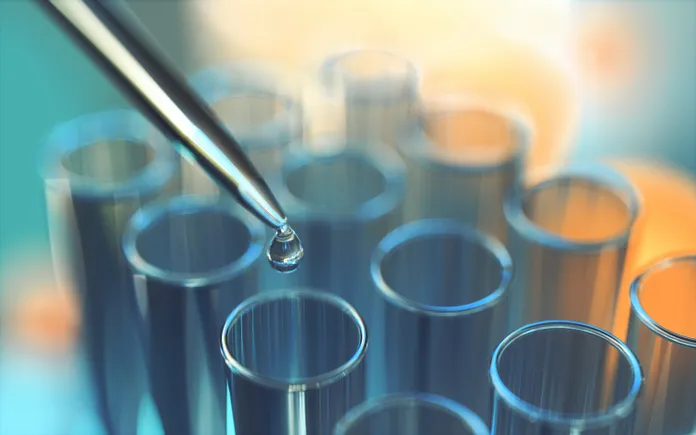Dive Brief:
- Danaher is setting up two labs to accelerate the development of companion and complementary diagnostics, the company said Wednesday.
- The company plans to open a lab in the U.K. this month to support partnerships with pharma companies and academic institutions. Danaher is aiming to open another lab in the U.S. later this year.
- By establishing the DH Diagnostics LLC Centers, Danaher is aiming to minimize hand-offs during test development and deliver diagnostics that run on its existing installed base of instruments.
Dive Insight:
Companion diagnostics are tests that patients need to undergo to take a particular drug. Complementary diagnostics are not required to prescribe a drug but can provide information that may help the physician determine if the patient is likely to benefit.
Danaher has identified problems with the current system for developing the diagnostics. Development requires an average of 15 hand-offs as tests advance from research-grade assessments through to clinical studies, the company said.
Amit Agrawal, chief scientific officer at DH Diagnostics, outlined the need for a new approach in a statement.
“The pharmaceutical industry needs a new, holistic approach that minimizes time-consuming assay format transfers and contracts across every step, from biomarker validation to clinical trial assays and companion and complementary diagnostics, to global deployment, education and adoption,” Agrawal said.
Danaher wants to bring together the breadth of its capabilities at the labs, which are pending Clinical Laboratory Improvement Amendments and College of American Pathologists certification, to minimize hand-offs. Approved tests could run on the Danaher instruments installed in more than 30,000 hospitals.
Leica Biosystems, part of Danaher, already offers companion diagnostic services. The Danaher subsidiary will host the U.K. companion and complementary diagnostic lab.
Danaher plans to install instruments from Leica and other subsidiaries including Cepheid and Beckman Coulter Diagnostics at the U.S. lab. The capabilities of the U.S. lab will include immunohistochemistry and polymerase chain reaction.

